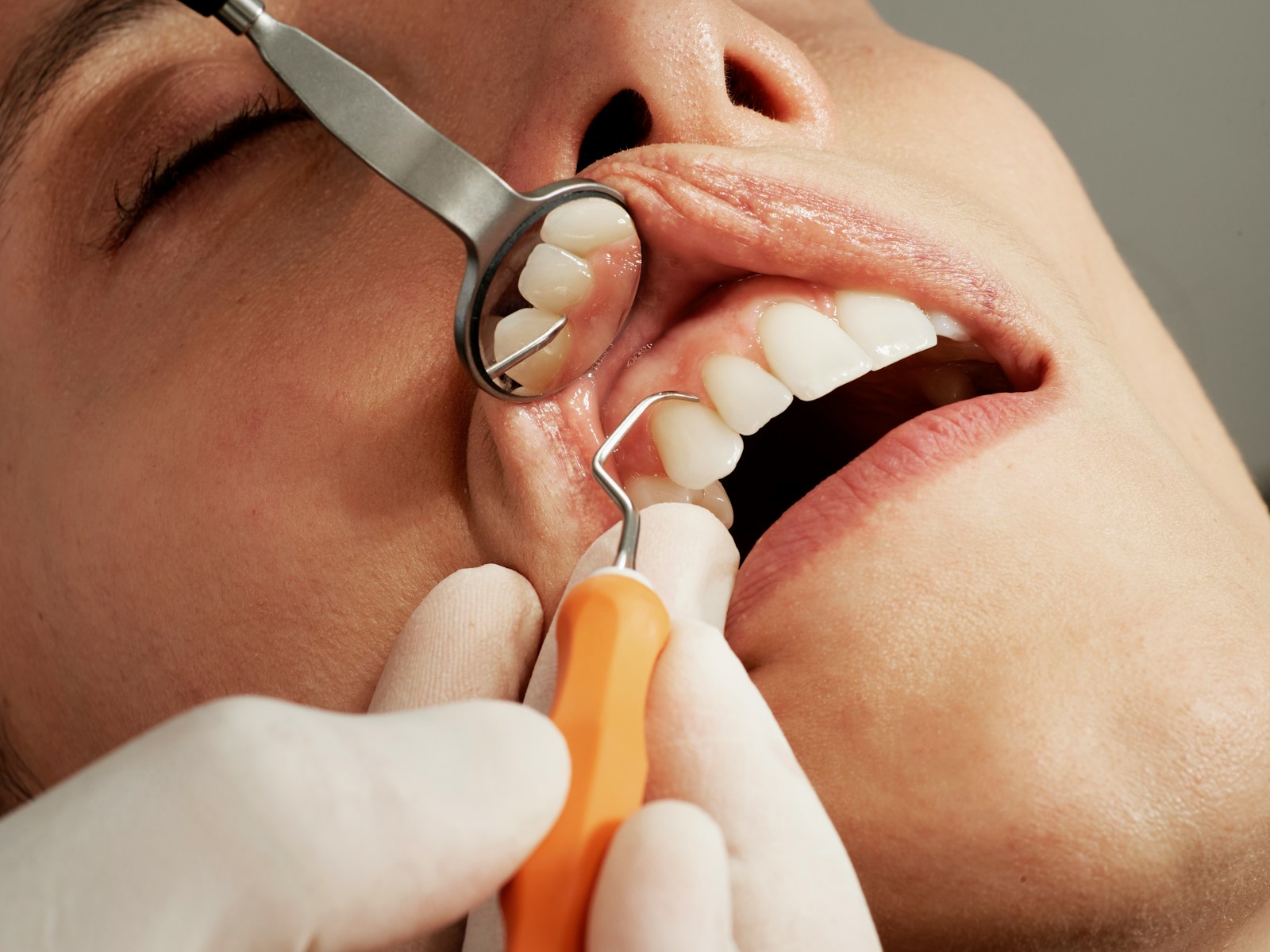The British Association of Aesthetic Plastic Surgeons (BAAPS) has launched a new initiative aimed at advancing the framework for mental health assessment in cosmetic surgery.
Around 20% of BAAPS surgeons referred patients on for second opinions in 2020, but with rising concerns about mental health and body dysmorphia, the course has been designed to fully equip surgeons with the necessary skills to respond to psychological factors in patient consultations, including the ability to refuse those deemed psychologically unfit for surgery.
“Carrying out a thorough psychological assessment before any surgery is crucial”, says BAAPS Council Member Caroline Payne. “One of the hardest things to deal with is how to say no to patients and this course teaches us how to set those boundaries, when to ask for second opinions, when to ask for onward referrals. As plastic surgeons it is crucial to have a real insight into the psychological as well as surgical aspects of caring for patients undergoing aesthetic surgery and an appreciation of when referral to a clinical psychologist may be in a patients’ best interests rather than surgery.”
The launch comes in the same week that Katie Price announced her latest bout of cosmetic surgery; a full body overhaul, complete with liposuction, eye and lip lifts, and a Brazilian bum enhancement. Speaking to This Morning, the star responded to claims that she may be suffering from body dysmorphia, a mental health condition that the course addresses how to identify.
Former BAAPS President Rajiv Grover, commented: “There is evidence that suggests people who struggle with their psychological health can feel pressured to turn to ‘quick fix’ procedures to improve their appearance.”
“Surgery is not a cure for unhappiness”, says Caroline Payne, warning that, “It can actually lead to depression in patients who are not properly screened beforehand.”
A day-long programme developed by clinical health psychologists Dr Joy MacInnes and Dr Esther Hansen, “Psychological Skills for Surgeons”, covers a series of didactic lectures and face-to-face interactions, all with the aim of improving surgeon’s understanding of patient psychology.
The first half of the programme centres on the patient-surgeon relationship and aims to uncover the aspirations of the patient in order to allow surgeons to effectively manage expectations.
The second part is focused on exploring what the patient considers to be the physical function of surgery. It explores the psychological impact of surgery and considers the psychosocial expectations of the patient, addressing how to set boundaries with regard to onward referrals and second opinions.
The applied psychological theory covered in parts one and two will be put into practice in the latter half of the programme. Using actors to enact scenarios, surgeons will be tested on their ability to respond to patients’ evolving understanding of surgery, factoring in how to adjust their decision making according to behavioural changes.
The final part of programme addresses how to respond to psychosocial factors, including dissatisfaction with surgery, psychological distress and mental health concerns, both previous and ongoing. Part 4 will also delve into the topic of body dysmorphia, how to set up a framework for assessment and onward referral to a psychological professional.
*Online survey of BAAPS members conducted in July 2020.
For more information on The British Association of Aesthetic Plastic Surgeons, please visit www.BAAPS.org.uk












